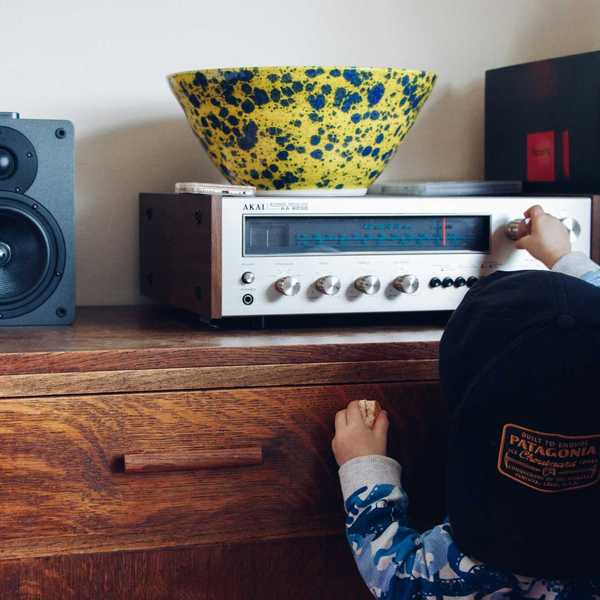
By David Farrell
CRTC demands Bell, Corus spend more money on CanCon
Made-in-Canada dramas, documentaries and award shows will be guaranteed more funding after the federal broadcast regulator bent to intense pressure from creative groups and the federal government.
The Canadian Radio-television and Telecommunications Commission announced Thursday that large television groups must spend a larger proportion of their revenue on Canadian content production to renew their broadcast licences.
As of Sept. 1, Bell Media Inc., Corus Entertainment Inc. and Rogers Communications Inc. must spend 7.5 per cent, 8.5 per cent and five per cent, respectively, of their previous years’ revenue on programs of national interest. – Emily Jackson, Financial Post
Global News earns murky distinction in news report
The Multi-Market Content operation is an ingenious idea. How it works is fairly simple. A 30-minute newscast usually consists of three segments, called blocks. The first 10-or-so minutes is the A-block. This is where you find local news — car crashes and kidnappings. The B-block, occupying the middle third of the cast, is generally filled with a mix of national and international news. The feel-good end piece, the C-block, is populated by an ever-so-slightly narcotized weather report, plus an outrageously saccharine kicker story — examples include a birthday party for a 100-year-old turtle and a woman who has decorated her house with thousands of cat statues.
As you would expect, the Winnipeg news would traditionally be broadcast out of Winnipeg, Toronto out of the Big Smoke, Regina’s straight from the heart of the Queen City. But not in the bold, new world of MMC. In the MMC model, working in what I would describe as a news sweatshop, massively overworked producers often handle three cities’ worth of news at the same time. – Paul Tadich, CanadaLand
More bad news from Jazz.FM
A former morning host of JAZZ.FM91 is suing the troubled not-for-profit Toronto radio station, alleging she was bullied for years by its former president and CEO, Ross Porter, and then constructively dismissed last spring after joining others in complaining about his alleged misconduct.
The move comes days before the station’s annual general meeting on Friday morning when disenchanted member-supporters are expected to challenge the charity’s board about the turmoil that erupted on its watch earlier this year.
In a statement of claim filed Tuesday afternoon with the Ontario Superior Court of Justice, Garvia Bailey, who hosted JAZZ.FM91’s marquee show Good Morning Toronto from September, 2014, until April, 2018, is seeking $420,000, including one year’s salary of $90,000 for wrongful dismissal. – Simon Houpt, Globe & Mail
















